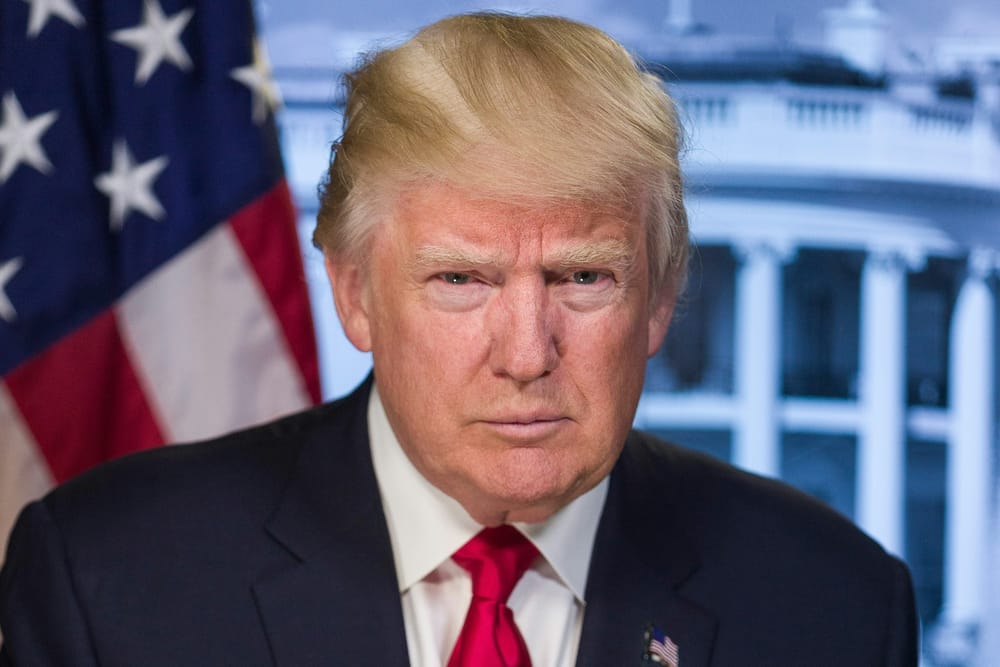A three-judge panel has upended Donald Trump’s world, doing the one thing he hates most: they made him look stupid. The U.S. Court of International Trade ruled that Trump overstepped his authority when he invoked the 1977 International Emergency Economic Powers Act to declare a national emergency and justify his sweeping tariffs. His tariffs, against virtually the entire planet, including uninhabited islands, were deemed to have exceeded his authority. The Court’s decision blocks the tariffs that Trump imposed last month on almost all U.S. trading partners, as well as the levies he had previously imposed on China, Mexico, and Canada.
Trump claimed the extraordinary power to act without congressional approval, justifying the taxes under IEEPA by declaring the United States’ longstanding trade deficits “a national emergency.” On April 2, Trump imposed so-called reciprocal tariffs of up to 50% on countries with which the United States runs a trade deficit and 10% baseline tariffs on almost all other countries. He later suspended the reciprocal tariffs for 90 days to give countries time to agree to reduce barriers to U.S. exports. But he kept the baseline tariffs in place.
Back in February, he’d invoked the law to impose tariffs on Canada, Mexico, and China, saying that the illegal flow of drugs and immigrants across the U.S. border amounted to a national emergency and that the three countries needed to do more to stop it. The ruling leaves in place other Trump tariffs, including those on foreign steel, aluminum, and autos. Those levies were invoked under a different law that required a Commerce Department investigation and could not be imposed at the president’s discretion.
The U.S. Court of International Trade has nationwide jurisdiction over civil cases involving trade. Its decisions can be appealed to the U.S. Court of Appeals for the Federal Circuit in Washington and ultimately to the Supreme Court, where almost everything Trump does ends up.
“The trade court’s ruling destroys the Trump administration’s rationale for using federal emergency powers to impose tariffs, which oversteps congressional authority and contravenes any notion of due process," says Eswar Prasad, Professor of Trade Policy, Cornell University. "The ruling makes it clear that the broad tariffs imposed unilaterally by Trump represent an overreach of executive power.’’
During the night following the decision, foreign markets showed a dramatic rise, and the U.S. Dollar rose slightly after tumbling for most of the year. The major concern is what Trump will do now, and whether it will exacerbate the uncertainty, ultimately harming American corporations and their trading partners.
Trump has options to partially restore tariffs using Section 122 of the Trade Act of 1974. “The administration could quickly replace the 10% across-the-board tariff with a similar tariff of up to 15% under Sec. 122,” analysts at Goldman said. They noted that such a move would only last for up to 150 days, after which the law requires Congressional action. Section 338, meanwhile, allows the president to impose levies of up to 50% on imports from countries that discriminate against the U.S., a move that has never been used before.
His lawyers have already filed an appeal with the U.S. Court of Appeals and are likely preparing a request for an emergency stay with the Supreme Court. One of Trump’s problems is that everything he’s done to this point was under executive order and any use of powers under the Trade Act of 1974 requires investigations first by the Commerce Department and other agencies, none of which Trump did while imposing tariffs on penguins who were the sole inhabitants of some of his targets. These investigations typically take months and will only exacerbate the turmoil and uncertainty.
The president's entire economic plan was based on his tariffs, which have now been declared illegal. The Court, in its 49-page opinion, says that not only does Trump not have the authority, but also, Congress can’t loan it to him. The world doesn’t work the way Trump wants it to. Besides the predictable ways Donald Trump might respond, look for him to attack the judges (one of whom he appointed himself) and lash out at anyone who questions or mocks him for his abuse of power. All the promised trade deals with other countries are in limbo as nations adopt a wait-and-see policy. Will Donald Trump overreact? I think you know the answer to that.
This post originally appeared on Medium and is edited and republished with author's permission. Read more of William Spivey's work on Medium. And if you dig his words, buy the man a coffee.
